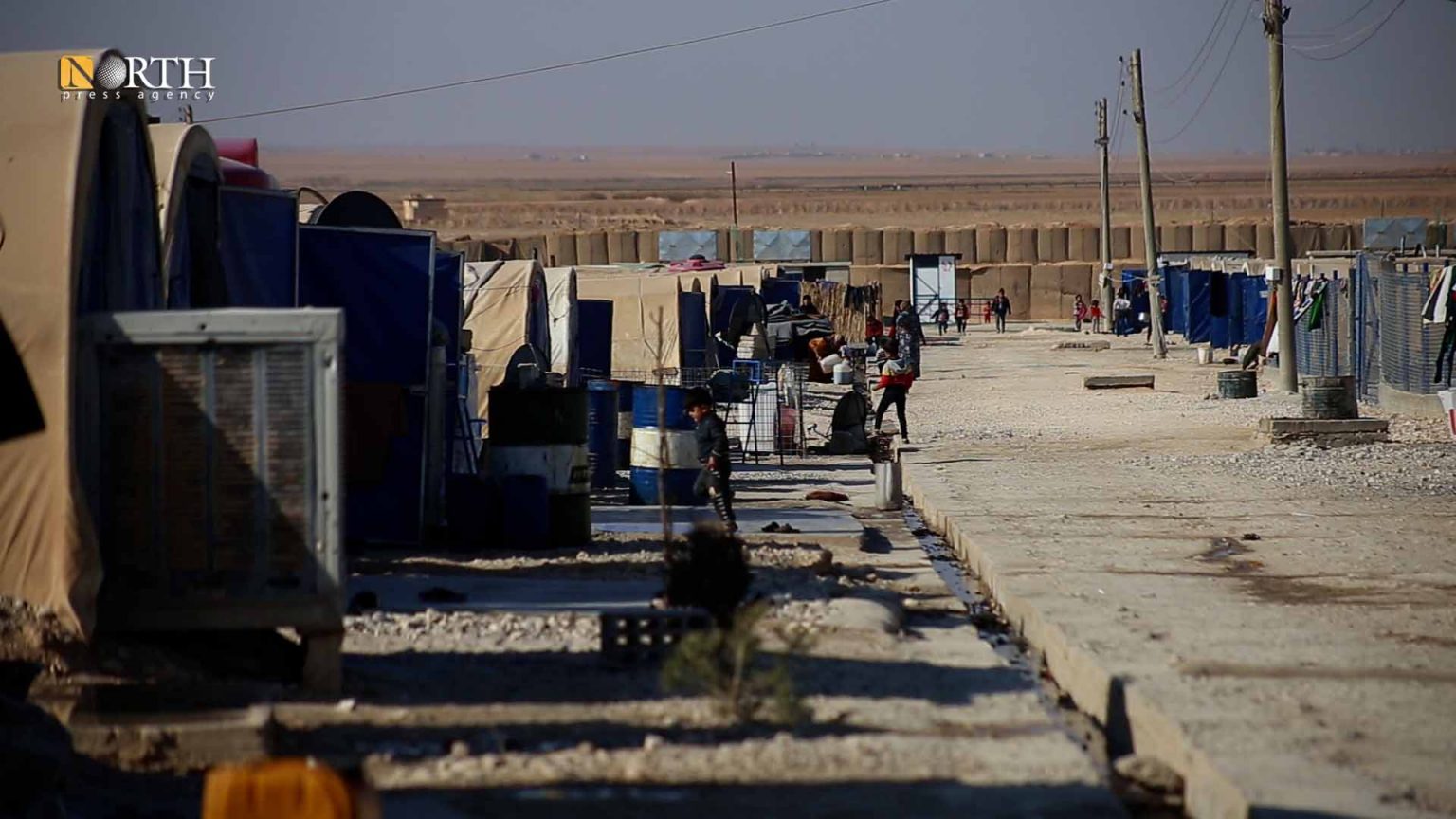On Monday, the Platform of Civil Society Organizations in Syria’s northern city of Raqqa stated that political bargaining between Russia and Syria hinders the delivery of humanitarian aid through Tel Kocher (al-Ya’roubiya) border crossing to those who need it urgently.
The platform is a group of organizations working together as mediators among the Autonomous Administration, the local communities, and economic events.
Two years ago, In July 2020, the Tel Kocher crossing was closed to UN humanitarian access to north and east Syria as Russia vetoed in the UN Security Council.
The closure put more pressure on the Syrian people already affected by the war that had been ongoing for almost a decade. Millions of Syrians have become internally displaced people, monitors said.
Ibrahim al-Jasem, co-chair of the Civil Society Organizations stated to North Press that the closure of Tel Kocher crossing in the face of humanitarian aid has increased the suffering of the vulnerable IDPs in camps scattered in northeast Syria.
Read Also: Life in a Displacement Camps in Syria: Zero Privacy, Constant Noise
“Syria and Russia are politicizing the file of the humanitarian aid,” he said.
“The International Community should not allow the use of humanitarian assistance file according to international interests. Humanitarian corridors should be opened to allow entry of aids to northeast Syria,” he added.
Jasem called the UN Security Council and international actors to reconsider the decision of closing the Tel Kocher crossing.
The conditions in the camps situated in northeast Syria are deteriorating especially with the advent of winter, Sheikhmous Ahmad, co-chair of the Refugees and IDPs Bureau of the AANES said on November 24.
“The IDPs are Syrians in the first place and they are paying the price of intervention of international powers into the Syrian affair,” he added.
At the beginning of the Syrian conflict, the Autonomous Administration set up many camps in the region such as al-Hawl, Arishah, Nerwoz, Washokani, and Roj to shelter many IDPs.
After the Turkish military action against Afrin, Tel Abyad, and Sere Kaniye (Ras al-Ain) areas, the Autonomous Administration established other camps like al-Awda, Sardam, Shahba, Afrin, Tel Abyad, and al-Mahmoudli, in addition to two camps in the Manbij area, north Syria.
This article was edited by The Syrian Observer. The Syrian Observer has not verified the content of this story. Responsibility for the information and views set out in this article lies entirely with the author.


